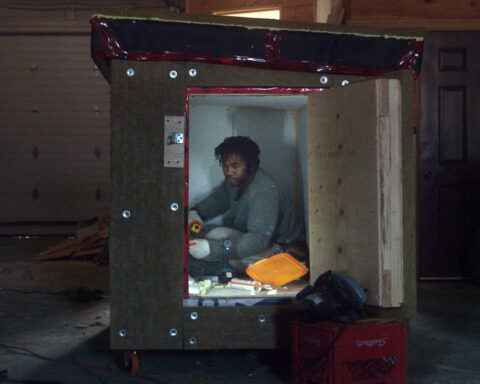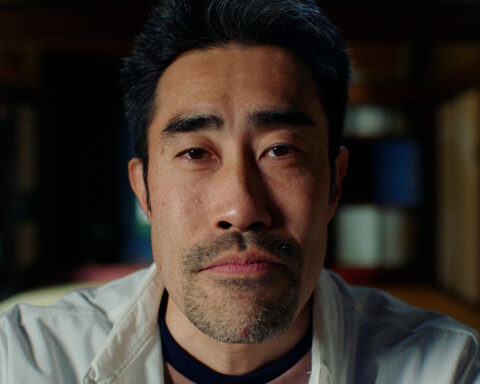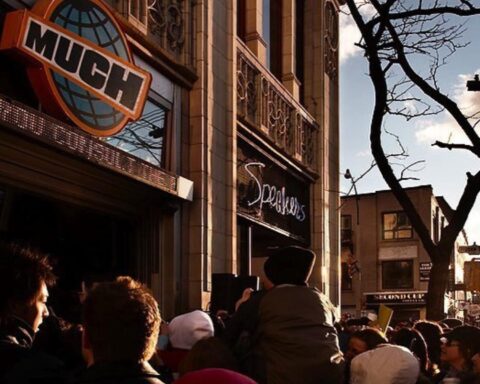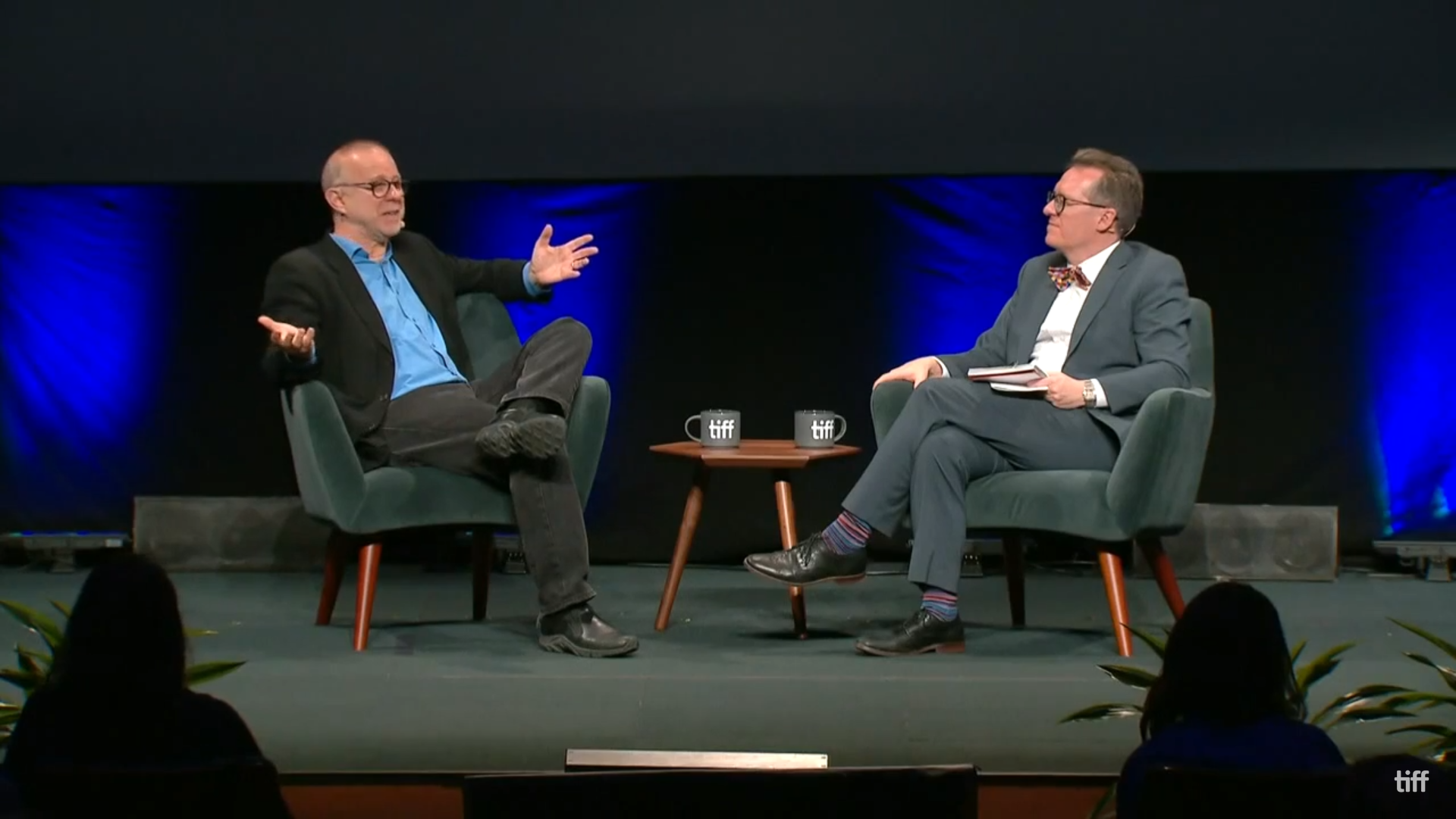Paris Stalingrad
(France, 86 min.)
Dir. Hind Meddeb w/Thim Naccache
Programme: TIFF Docs (International Premiere)
Back in 1960, the filmmaker Jean Rouch, already acclaimed for Moi, un Noir, his genre-busting semi-fictional documentary shot in Africa’s Ivory Coast, combined with philosopher Edgar Morin to create Chronique d’un été, the first cinema verité feature. Shot in the summer, the film covered what Rouch called his “tribe,” Parisians, as they dealt with the effects of the Algerian war, the end of colonial Africa, getting worthwhile work, and deciding whether or not they were happy.
Fifty six years later, during the Parisian summer of 2016, filmmakers Hind Meddeb and Thim Naccache shot Paris Stalingrad, a new verité account of the city during another crisis. Refugees were pouring into France from North Africa, the Middle East and as far away as Afghanistan, seeking a place to live as their own homelands continued to be decimated by civil wars and religious violence. Employing verité, the proper style, the filmmakers shot footage of the contemporary victims of colonization, displaced and homeless Africans and Asians, desperately seeking asylum while trying to survive in the rundown area near Paris’ Stalingrad metro station.
The film captures the raw reality of the situation. People of colour were living in tents or sleeping while covered in blankets as the heat of the summer segued into a much colder autumn. Lines of refugees were forced into queues as France’s increasingly overwhelmed bureaucracy attempted to decide the fate, one by one, of each person. Weeks went by as the line-ups grew longer while the police, diabolically, seized tents and blankets, making the lot of the now freezing displaced people even more pitiable. To their credit, some white Parisians came as volunteers, trying to alleviate the terrible situation, which grew worse as time went by.
Meddeb gradually narrowed her approach as the filming went on. She and Naccache began to focus on Soulemayne, whose brother and father had been killed in his native Darfur. Soulemayne is a poet who can also repair cars, a truly serviceable skill. Out of the misery depicted throughout Paris Stalingrad, the filmmakers decided to give us something positive, as Soulemayne’s fate turns out to be hopeful
Paris Stalingrad is a tough, ultra-modern critique of the West’s inhumanly slow response to people whose lives have been utterly transformed by the endless civil wars and environmental destruction that’s taking place in so many places around the world. Nearly sixty years ago, Rouch and Morin asked Parisian if they were happy. The Parisians depicted in this film merely want to survive.
Visit the POV TIFF Hub for more coverage from this year’s festival.












